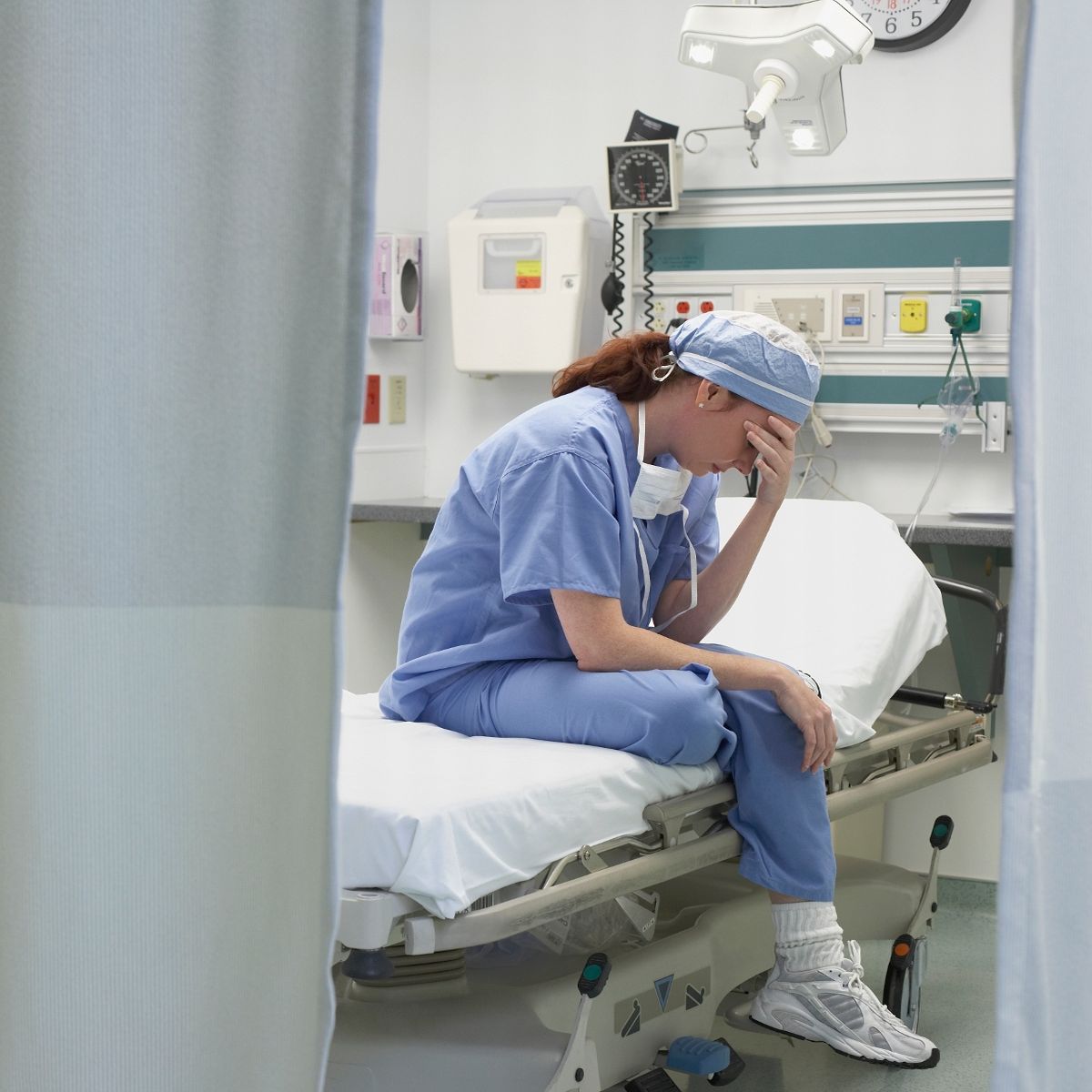
Staring your own mortality in the face seems to make you more open to getting support and learning more about how to fight. On the other hand, supporters or caregivers often feel enveloped in denial, guilt, and remorse
The other day, I was amazed to witness this phenomenon so blatantly, first-hand, that it could not be ignored. I was at an exhibition being held in the Bexley wing, the Oncology wing, at St James’s Hospital in Leeds. The exhibition was for patients and caregivers to obtain information about cancer and find out about the wide range of community support services available to outpatients living outside of the hospital.
There were patients walking about in their pyjamas, hooked up to drips on stands that they were gliding around almost as though they were waltzing with a comfortable partner. And they all had various tubes piped into and out of their bodies. These amazing people were all interested in the information available and were busy chatting with exhibitors to find out more about who and what is out there to offer support and services. They were openly discussing the support groups, counselling, social networks and community endeavours.
“I’m fine”

The caregivers all agreed that there was also a need for support to be available for them and it was much needed for everyone… that was until you prodded any one of them individually. Then it was a different story.
“I am fine.”
“Not for me.”
“I am OK.”
This same scenario replayed time and time again throughout the four hours I was there at the exhibition.
At one time, I ended up with a large lump in my throat when an elderly gentleman, who had come with his wife, was chatting with me, and his wife came over to join us. He asked her directly to sign up for some support and take care of herself, but she became agitated and refused to consider it. “I don’t need that,” she protested angrily, but the tears welling up in her eyes were telling another story.
Mum’s burnout

It was like seeing my mother stood in front of me again. She was my dad’s carer for over 20 years, and she also refused help. In her eyes, accepting help would have meant she had somehow failed him. Then, on a bitter, snowy winter’s night on the 20th January 2006, at 85 years old, after making sure my dad was safely tucked up in bed, she walked out of their bungalow with no slippers, in her nightdress, and wandered in the streets, sobbing.
Luckily, a neighbour was going to work at 1am and found her, took her in, called an ambulance, the police and me. I don’t know how she managed to survive that night; she was so distressed and would not/could not go back to her home. My dad, who was wheelchair-bound, was left in bed by himself throughout this ordeal, feeling very alone, scared and helpless.
My mum only lived three months after this, during which time she and Dad both lived with me, and now this grey-haired, elderly woman standing in front of me in the Bexley wing brought it all back. The sense of duty, the self-defeat, the guilt, the sadness and the loneliness that she was feeling was clear, but still she refused, like all the others of that day, to accept it – denial is a comfortable place to live, but it is not healthy.
Why are caregivers so hard on themselves?
Why do caregivers, whether professional, voluntary or home-based, all think they have to be Superman or Wonder Woman? They are so productive for others, but when it comes to themselves, they seem unable to face the honest reality, that asking for help is not a weakness, it is a strength.
It has recently been estimated by the Department of Works and Pensions that around 600 people a month in the UK are leaving work, diminishing their hours or taking early retirement to care for somebody. Reducing community care staff such as community nurses has increased the pressure on caregivers looking after loved ones and family members.
The forgotten workforce
According to the Royal College of Nurses and Midwives, the number of community nurses has reduced by 46% over the last five years. What’s even scarier is that community nurses are a forgotten workforce, only visible to those who really need them. If the general number of doctors had reduced by 46%, there would have been a national outcry, let alone such a significant reduction in one specialist area, but these key nursing workers go unnoticed.
The reality of burnout
Not caring for oneself while caring for others on a regular basis will only lead to one outcome in the long term: burnout! That’s what happened to my mother, and it is happening to others all the time.
Take care of yourself
Prevention is always better than cure. Recovering from a burnout is hard and lengthy. Self-care is not about egoism or being selfish. It is about valuing yourself, your needs and your well-being. If you feel better in yourself, the logic is that those around you will feel better too, and that’s why I am launching a new online course A-Z Building Emotional Resilience
To know more book a call with me and let’s see how I can help you, care for yourself. Book here – Just click
Remember, by investing in yourself, you are investing in others and their well-being!
Until next time.
Be kind to yourself and care for yourself as much as you do for others.

If you want to know more about Linda – www.lindasage.com
https://www.facebook.com/LindaSageMA
https://www.instagram.com/successfulmindset_lindasage


